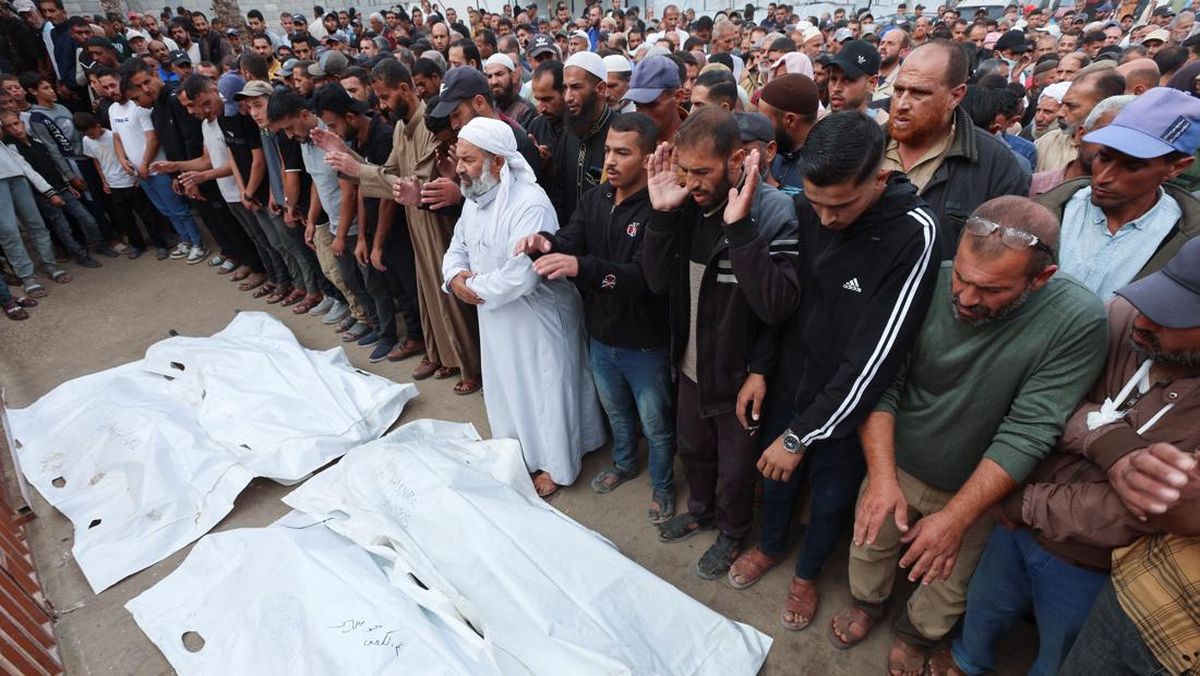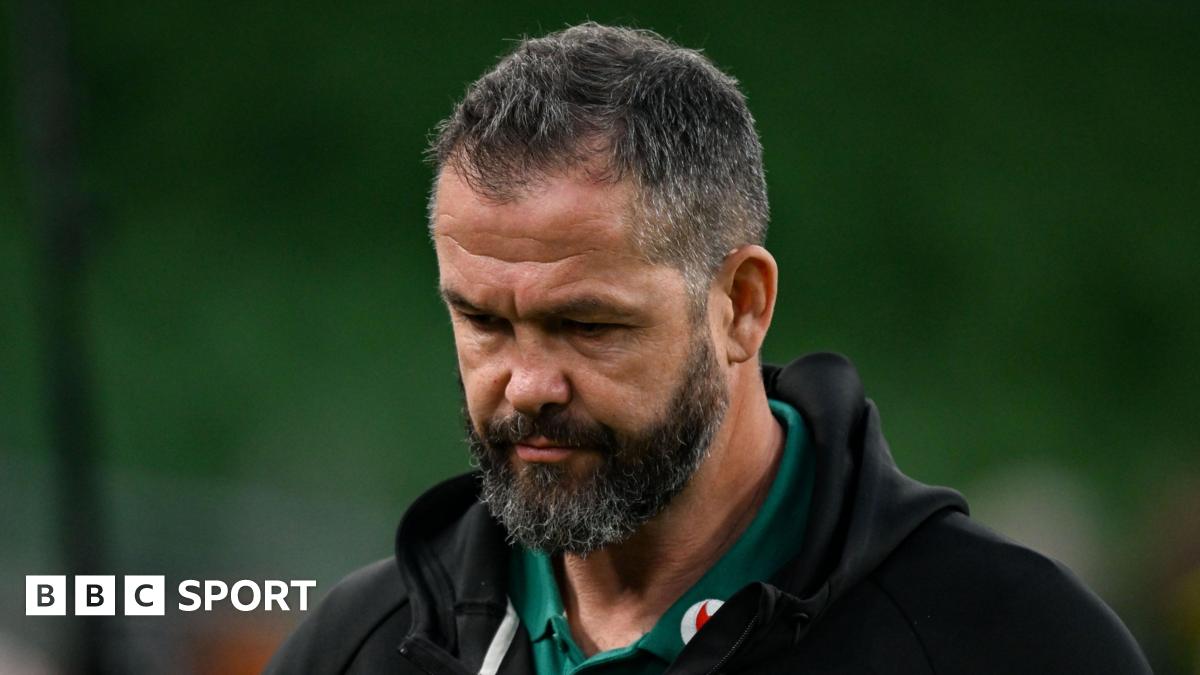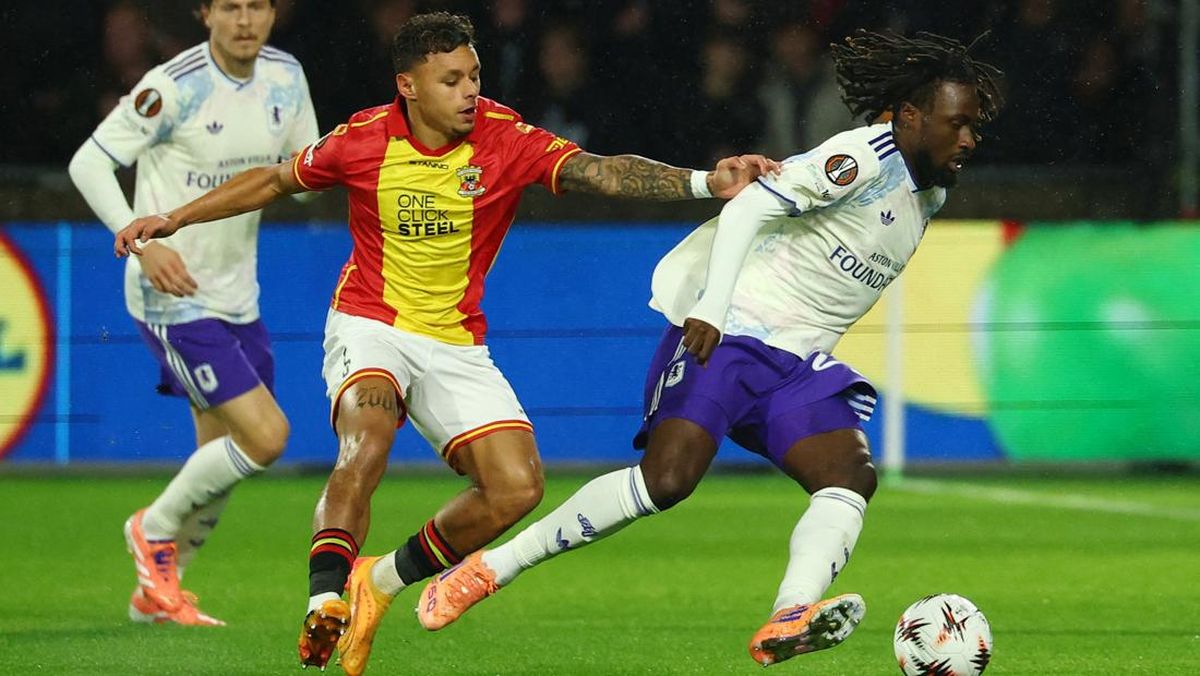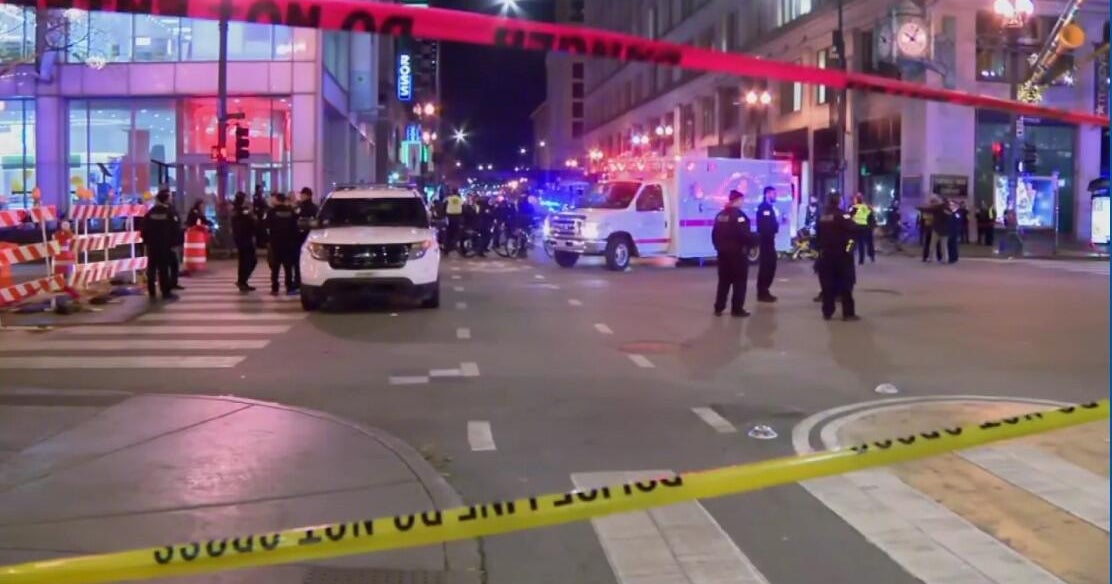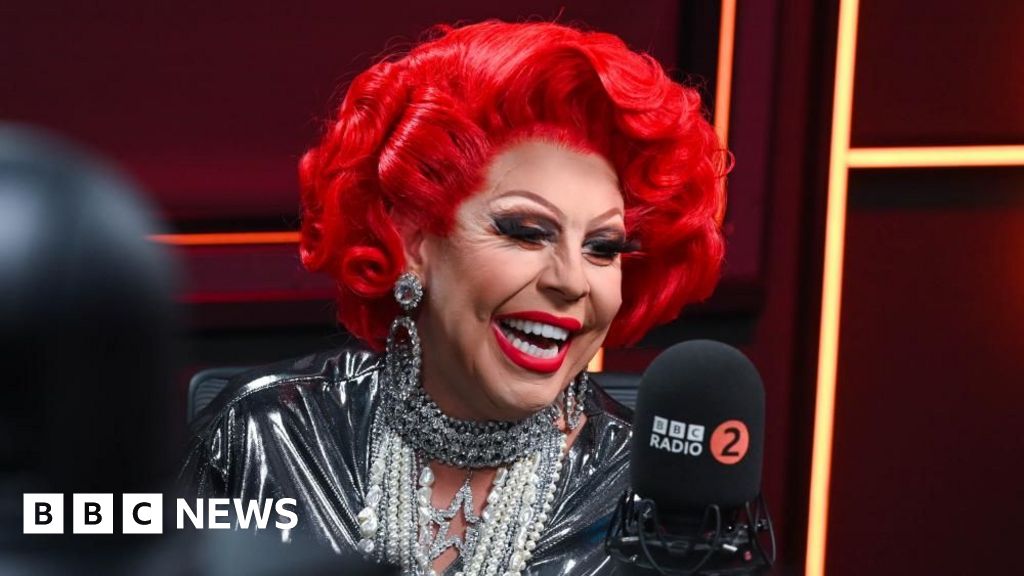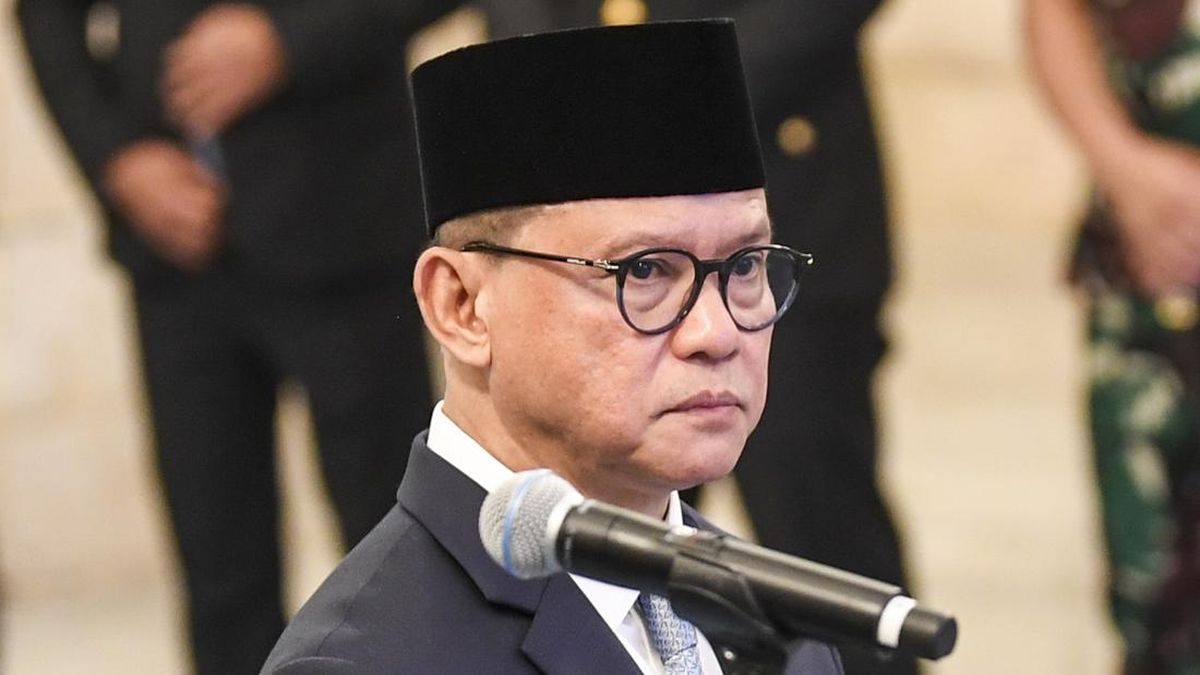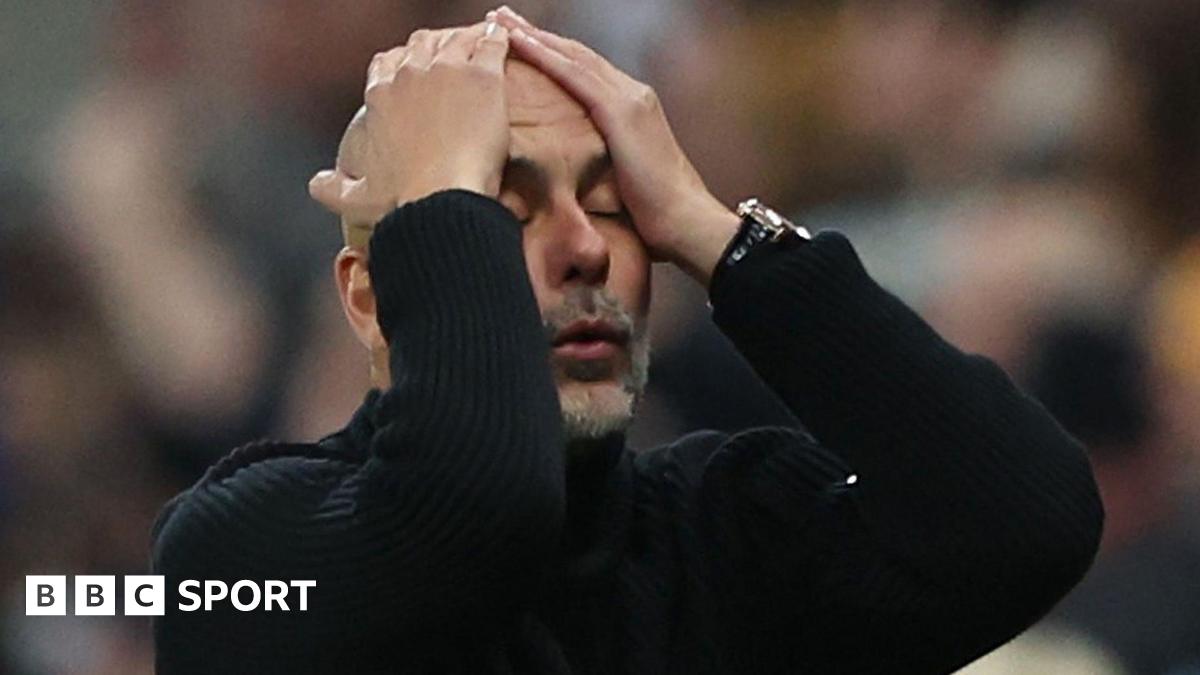Washington: US President Donald Trump says he will hike tariffs on India from their already-high level of 25 per cent due to the country’s ongoing purchases of Russian oil amid the war against Ukraine.
In a sign of the strained relations between the two countries, India quickly branded Trump’s move “unjustified and unreasonable”, and said it would take all necessary measures to safeguard its economic security.

US President Donald Trump and India’s Prime Minister Narendra Modi met in the Oval Office in February.Credit: Bloomberg
The threat, which has not yet been acted on, underlines Trump’s preference for using tariffs for geopolitical leverage, and comes as his deadline looms for commitments from Russia’s Vladimir Putin on ending the war, which has now raged for three-and-a-half years.
There have been mixed reports about India’s intentions over the past week as the US stepped up pressure on the world’s most populous nation to back away from its reliance on Russian crude oil, which now accounts for about a third of India’s supplies.
“India is not only buying massive amounts of Russian Oil, they are then, for much of the Oil purchased, selling it on the Open Market for big profits,” Trump wrote on social media on Monday (Tuesday AEST).
“They don’t care how many people in Ukraine are being killed by the Russian War Machine. Because of this, I will be substantially raising the Tariff paid by India to the USA.”

Oil tanker trucks outside an oil refinery operated by Bharat Petroleum Corp in Mumbai, India.Credit: Bloomberg
Reuters reported last week that India had imported about 1.75 million barrels a day of Russian oil from January to June, citing sources. The New York Times reported Russian oil had gone from 1 per cent India’s supply before the war to more than a third today.
India’s External Affairs Ministry said India began buying oil from Russia because its traditional supplies were diverted to Europe following the outbreak of the war. These imports were necessary to ensure predictable and affordable energy prices for Indian consumers, it said.
“It is revealing that the very nations criticising India are themselves indulging in trade with Russia,” said a spokesman, citing US imports of uranium hexafluoride, palladium and fertilisers. “Unlike our case, such trade is not even a vital national compulsion.”
This week is shaping as a critical juncture for Trump’s stalled efforts to mediate a conflict that he once boasted he could end in 24 hours. The president’s revised ultimatum gives Putin until Friday to sign up to a ceasefire or face additional sanctions, along with Russian trading partners.

A student of Gurukul School of Art in Mumbai puts the finishing touches to his take on the relationship between Donald Trump and Indian Prime Minister Narendra Modi.Credit: AP
Trump said his special envoy Steve Witkoff might travel to Russia on Wednesday or Thursday ahead of the deadline, and that Moscow would face sanctions if a ceasefire wasn’t brokered by then – though he noted the Russians were “wily characters, and they’re pretty good at avoiding sanctions”.
Kremlin spokesman Dmitry Peskov said officials were always happy to meet with Trump’s envoy, and that the Kremlin considered such talks important, substantive and useful.
While Reuters reported last week that Indian oil refineries had hit pause on imports of Russian crude, by the weekend the Times and Bloomberg were reporting that no instructions to halt imports had been issued, and Russian tankers were continuing to arrive at India’s state-owned refineries.
India, which is a Quad partner of the US along with Australia and Japan, was hit with some of the highest US tariffs among major US trading partners, 25 per cent, when the revised levies were announced late last week. They do not take effect until August 7.
While Trump has edged closer to imposing so-called secondary sanctions on Russia by targeting countries to which it sells oil, he has stopped short of embracing a Senate-led bill to impose 500 per cent tariffs on nations that buy Russian oil.
He has, however, threatened tariffs of 100 per cent, saying this would be sufficient. Republican senator Lindsey Graham, a key author of the Senate bill, welcomed Trump’s latest threat.
“I appreciate your strong commitment to ending this bloodbath in Ukraine,” he said. “Making those like India pay a price for their war profiteering is a good place to start.”
Loading
In February, Indian Prime Minister Narendra Modi became one of the first foreign leaders to visit the White House after Trump returned to the presidency. But since then, relations have strained somewhat.
“People will be shocked to learn that India is basically tied with China in purchasing Russian oil,” White House deputy chief of staff for policy, Stephen Miller, told Fox News on Sunday. “That’s an astonishing fact.”
Miller said India “portrays itself as being one of our closest friends”, but then listed numerous grievances, alleging India maintained unfair trade practices and cheated on immigration – as well as helping finance the Russian war effort in Ukraine.
with AP
Most Viewed in World
Loading

